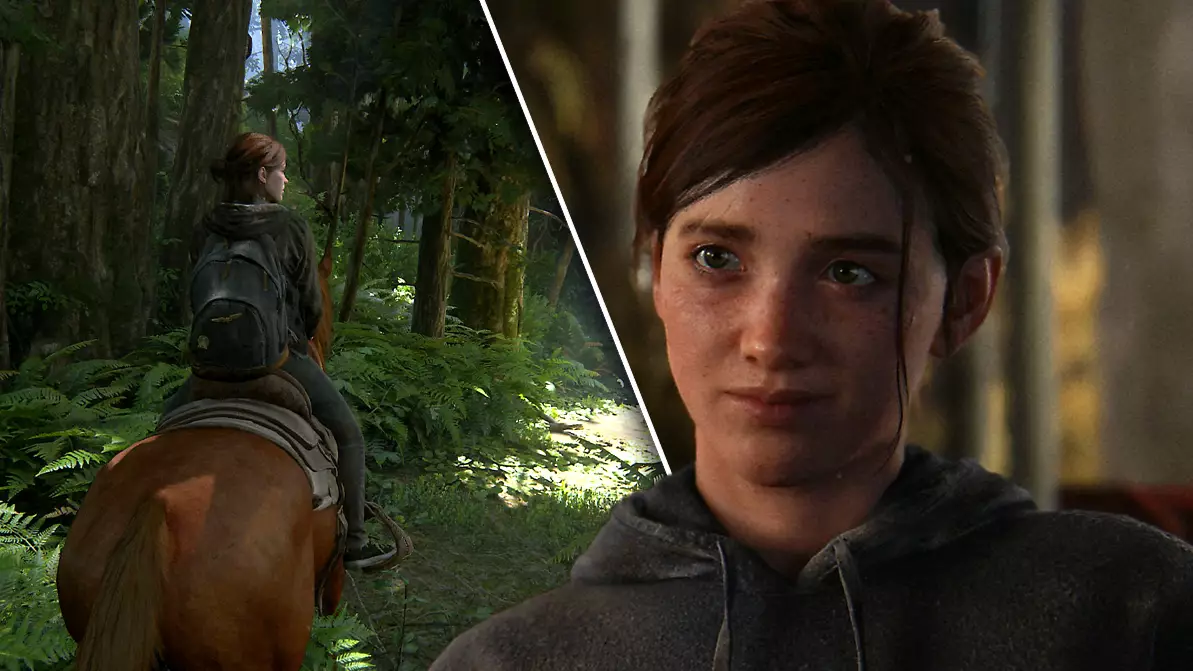
Nobody can blame Naughty Dog for aiming for the stars with The Last Of Us Part II. As the sequel to a late-period PlayStation 3 game that effectively crowned the previous generation of gaming on Sony-made machines, and has gone on to become something of a 21st century classic of its medium, the studio could feel confident that more of the same, only bigger and better, would pay even greater dividends. Throw in a few extra touches, too - nothing to upset the apple cart, but enough to represent new gameplay features for box-ticking purposes (fewer ladders and more ropes, check) - and you're onto a winner. Right?
Kinda. The reviews that came out last week sure do paint The Last Of Us Part II as a generation-ending essential in the vein of its predecessor, with an impressive number of perfect scores posted. (Ours was more mixed, but still very positive.) And I am definitely not here to say that those critics are in any way wrong - we all see, feel and experience video games in different ways, as we have no single, shared history with the medium. What those critics have seen, played and felt, it's theirs to own and to express to their fullest. I most definitely am here to say that, from my perspective, this game's lofty goals have not been realised in a way that should qualify it as anything that could be considered a masterpiece, or a generation-defining release, or side-of-a-bus words to that effect.
Actually, rewind. This is a generation-defining release - but not in the sense that it represents a new, impressive, untouchable zenith for the gaming medium in the era of the PlayStation 4 and Xbox One. To me, it defines this generation for everything it does in an entirely expected, predictable way. In its combat, its exploration and traversal (now with a jump button, I know right), its on-rails shooting galleries and loudly telegraphed jump scares, the game exists in the same space as several others. And in some cases, in the shadows of predecessors that simply do these things better.
Advert
Duck behind cover to avoid being spotted by AI that can't decide if it's got the peepers of an eagle or an eggplant. Sneak up behind folk and grab 'em and stab 'em (grisly canned animations that soon lose their bite aside, there's really nothing remarkable about the violence of this game). Create tide-turning tools of dismemberment from discarded household scraps, like you're in a post-apocalyptic Blue Peter - strap in, because this Tracy Island's a scream. Hold down a button down to magically make your own stink visib... Okay, that one's not so common, unless your name's Geralt of Rivia.
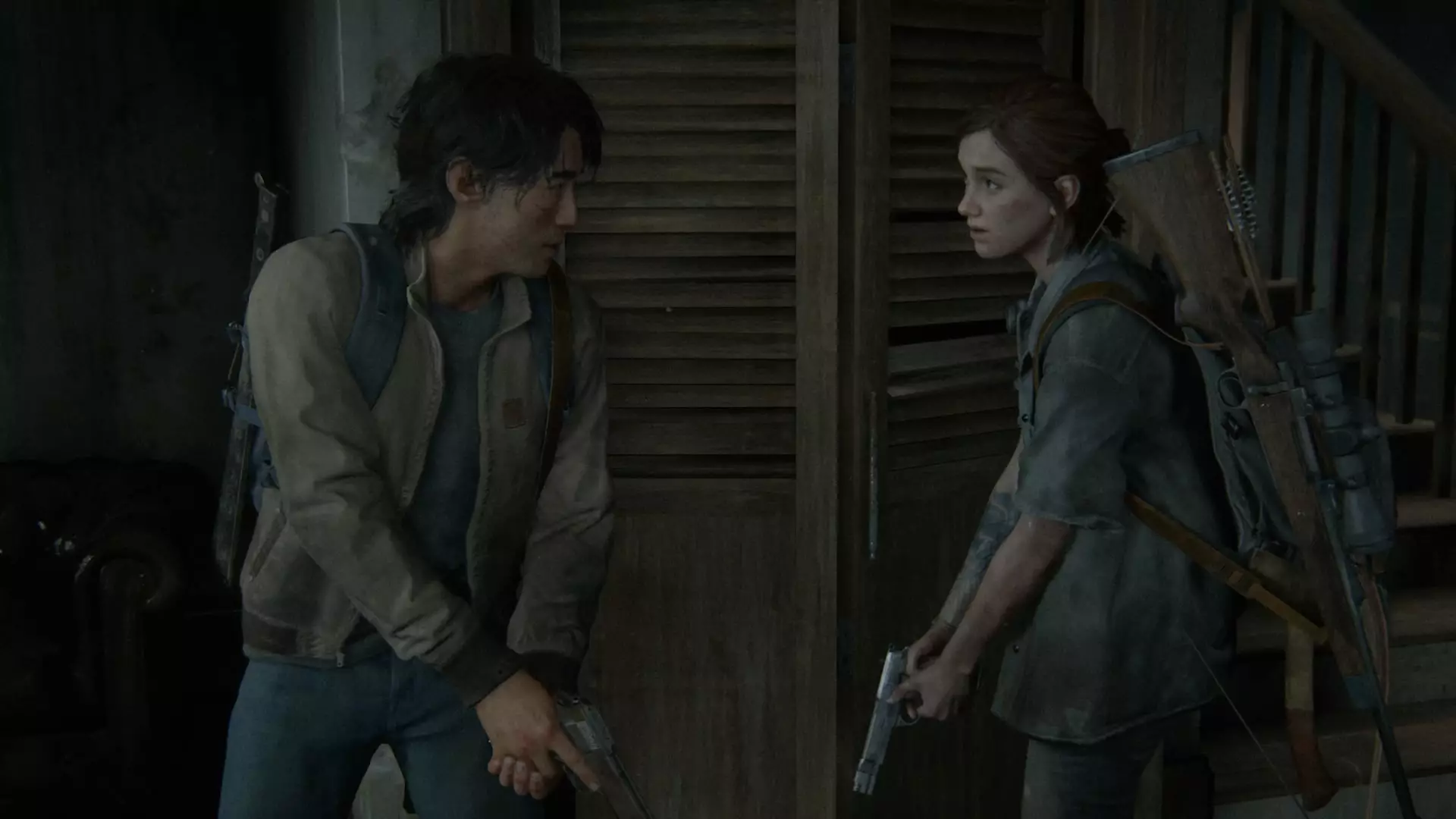
And this is fine. There's perfunctory padding here just as there was in the first game, but I've not minded going through these motions all that much on my own misery march through The Last Of Us Part II - a game that, like you don't already know, does its absolute utmost to make you feel horrible. We've seen that intent in its wince-inducingly graphic trailers, and throughout its dour-toned marketing. I've not minded because these motions are committed to muscle memory by now. Duck, cover, shoot, kill. Or, just to switch (shiv?) it up: duck, cover, creep, stab. I don't even play that many action-orientated video games these days, at least not those where you spend much of your time pointing a gun around, and still The Last Of Us Part II seems like it's doing nothing exceptional with its approach to murdering virtual human(oids).
And nothing much has changed when the music (which is excellent throughout, by the way, as is the entire audio design) turns from taut and fraught to calm or not there at all. 2013's The Last Of Us was criticised in some quarters for large passages of non-combat play that were essentially push forward, press triangle, push forward some more, push triangle again, watch a cutscene. And Naughty Dog hasn't deviated an inch from that with this sequel. And again, you can argue that this is fine, because it's what we know, and it serves the greater purpose: to carry a new story, a more compelling story, that takes characters we know and love and new ones alike to places we never could have dreamed of, in 2013.
Advert
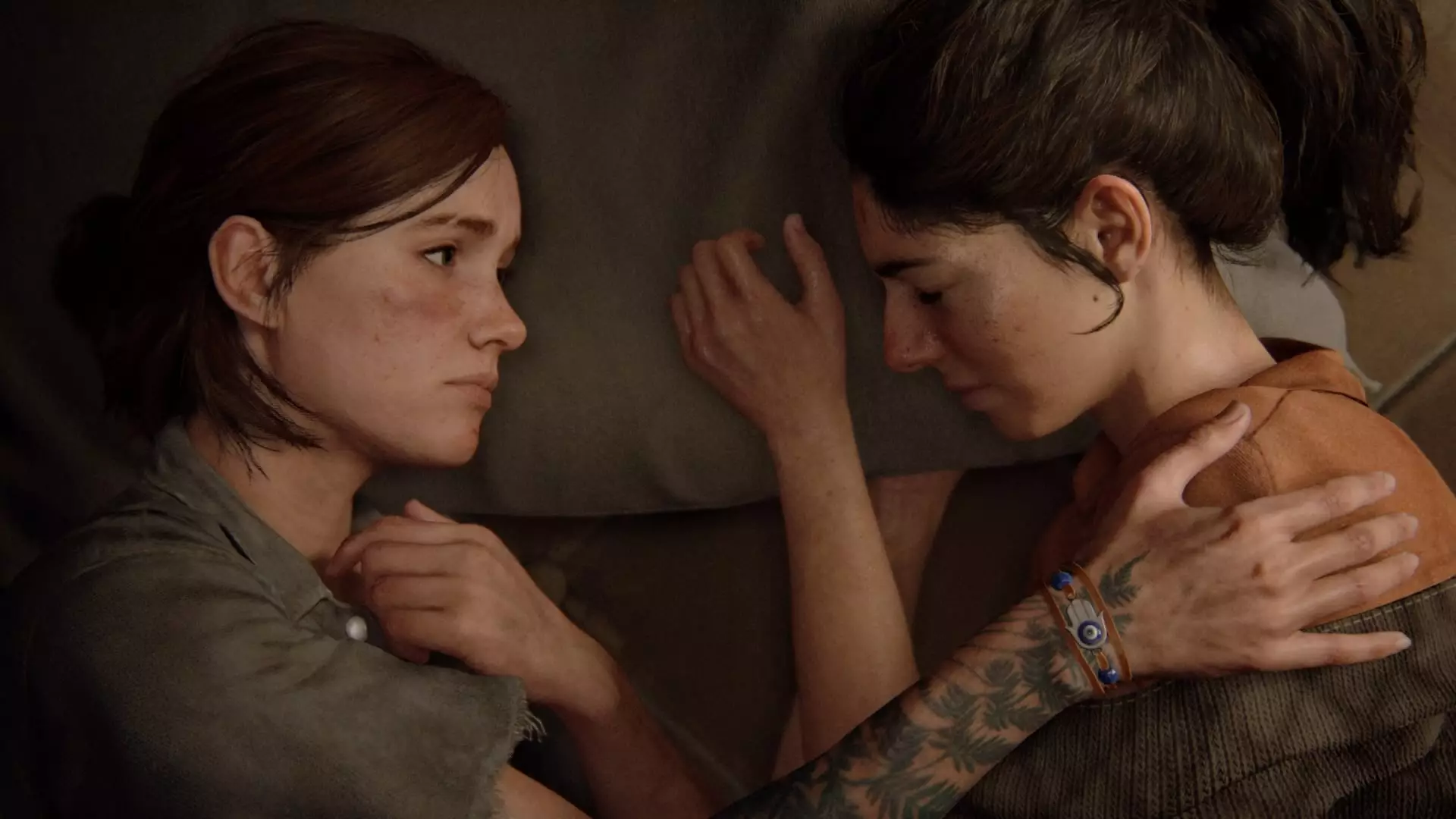
However, I'd say that because there's so very much of the pushing forward and pressing triangle, and too many of the relatively rote combat encounters, these sequences actively undermine what's great about this game. Which are things that, if they could have been regularly delivered through play, might have been worth slapping a perfect score on.
It's to the Santa Monica-based studio's immense credit that, into a very-modern, all-bells-and-whistles triple-A game pitched to the broadest-possible market, they've squeezed in themes and scenes, characters and interactions between them, that simply haven't had this kind of exposure before. In its quieter moments, viewed not down the barrel of a gun but from the perspective of people just being people, The Last Of Us Part II is at its most electric. Its light touches sparkle, its script absolutely bounces when it's given space to breathe, and a handful of superlative acting performances on show are simply unprecedented in gaming. Almost every time that The Last Of Us Part II makes you forget you're playing a game, it is a wonderful, awe-inspiring thing.
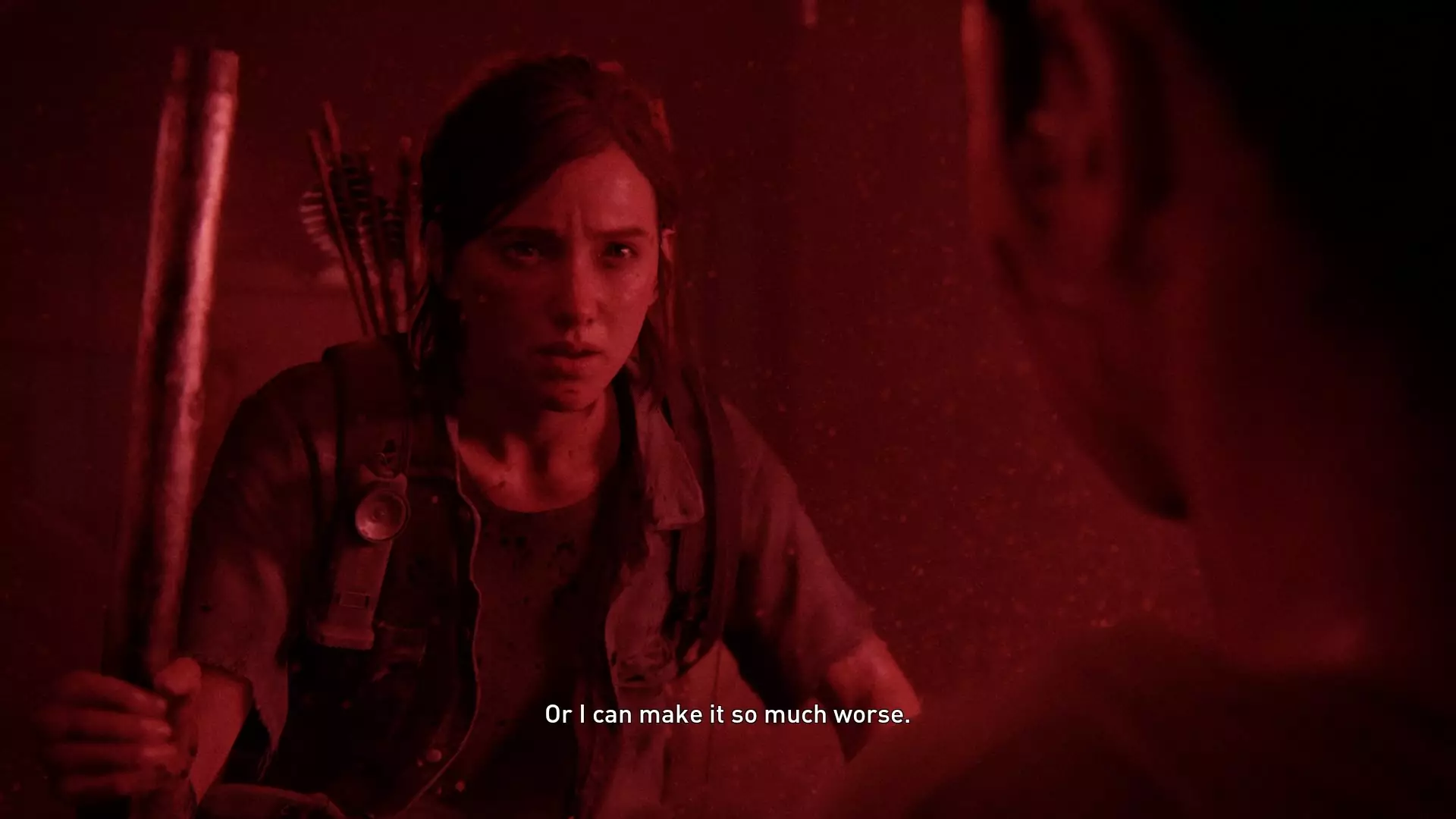
Advert
But then the game gets in the way again. And the game also tries really hard to mess with the story, too - which of course I'm not about to spoil here, but please do know that there is a lot more to it than the pre-release leaks might have you thinking. We've all seen video games get held up against film and TV for their storytelling potential (an unfair comparison at the best of times), and The Last Of Us Part II has someone on its writing team, Halley Gross, who has a television background, with screenwriting credits on Westworld and Too Old To Die Young. That's a great move, and Gross's input has no doubt made this game's aforementioned moments of magic what they are. But it's incredibly hard to relate to certain characters, and to be told that you have to relate to them, in the wake of some striking first impressions. Say no more, there.
The structure of this story also comes close to undoing its potency. Well-written characters, of which this game has several (Lev, I would walk across the width of America with you in a heartbeat, you brilliant kid, you), have their plot threads pulled this way and that by a flashbacks-riddled running order that, while clearer than what we saw in Netflix's adaptation of The Witcher, runs into comparable problems. You can know where a particular part of the journey will lead to, and it's frustrating to have to slog through so many of those play-alike combat encounters to reach that destination, and the resolution that may or may not come with it.
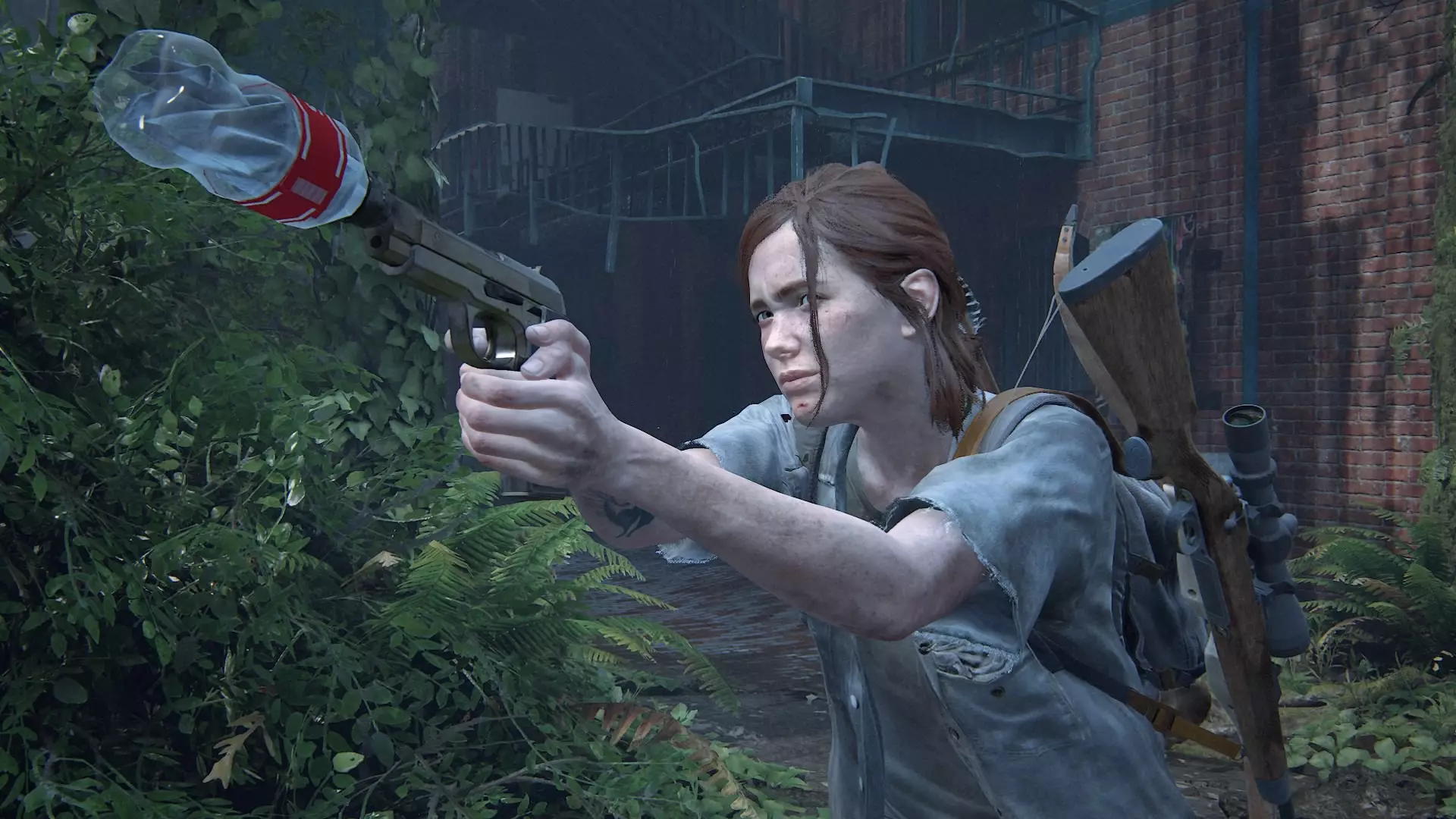
The influence of TV - particularly premium HBO-style series - is all over this game in its introduction of new faces and places for a new season, with a gradual reveal of why they matter. In a TV show, though, the time it takes to get from a position of coldness to one of (at least begrudging) understanding might be two or three hours. Even if it's a season-long build, that's unlikely to stretch to more than a dozen hours; it can ultimately shake off any initial second-season syndrome, and viewers know in advance how long they'll be watching before they reach a denouement.
Advert
But The Last Of Us Part II is a lengthy game, getting on for twice the duration of its predecessor. It's both bloated in places and stretched to breaking point in others, and unlike a TV series doesn't lay out its running time in advance - there's no, well, the next episode is just 35 minutes, I can deal with that because I know what's coming next. And because it takes so long for it to show more sides to some of its key characters, it leaves the player - or rather, it left me - struggling to effectively connect to their concerns and quests. Instead, the game grinds your defences down. See? This person is actually this person. Did you know that humans can be complex? Sorry we were painting in only blacks and whites earlier, but here are some greys arriving too late to make much of a difference.
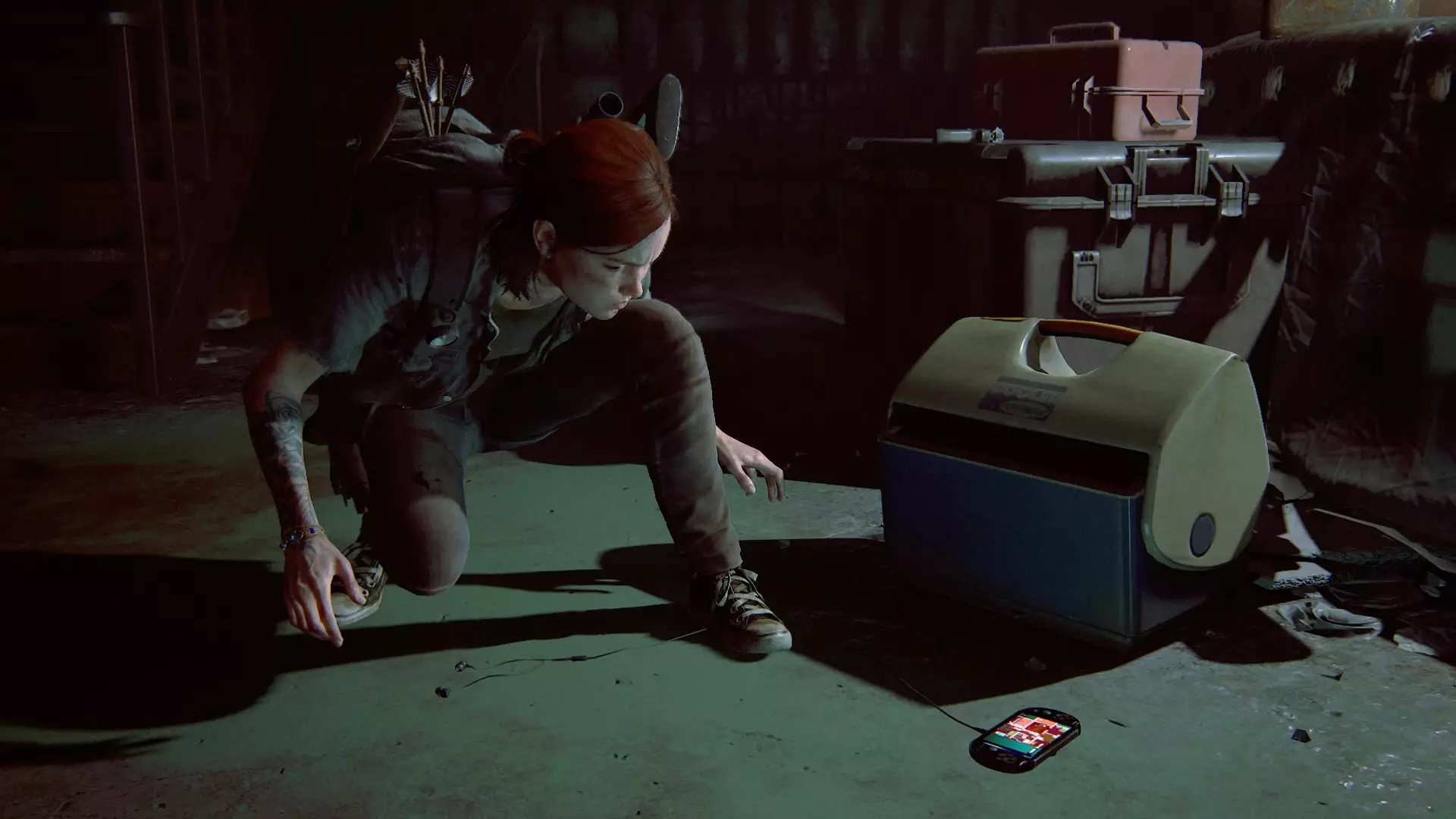
What can't be denied is The Last Of Us Part II's ability to spark debate, discussion, and arguments - it's no classic (IMO), but that's what will make it memorable forevermore. Even before this game was released, before it was reviewed, many players appeared to have their minds made up on it, for better or worse. And a cursory glance at user scores on Metacritic this morning, day of release, makes it pretty apparent that a vocal group of people are distinctly in the 'worse' category (in so many ways, right?).
In reality, it's a complicated, contradictory and somewhat confused expression of bold ambitions squeezed into the traditionally very restrictive form of a big-budget video game. In some of its exquisite writing, it does things more commonly seen in the most celebrated indie games. It shows human relationships in a way that I don't think any major, first-party studio has before, but also trivialises its own made-you-think themes by virtue of its rampage and slaughter elsewhere. There are small flairs in its presentation that come across as throwaway, like the ripple of fabric on a shirt or the gathering of a rope around a forearm, that another studio would put at the forefront of its showy marketing. Throughout, this game looks and sounds incredible, its repeated interior assets aside. But then, why wouldn't it look and sound like this? I don't know what its budget was, but it has to be in the same bracket as blockbuster movies.
Advert
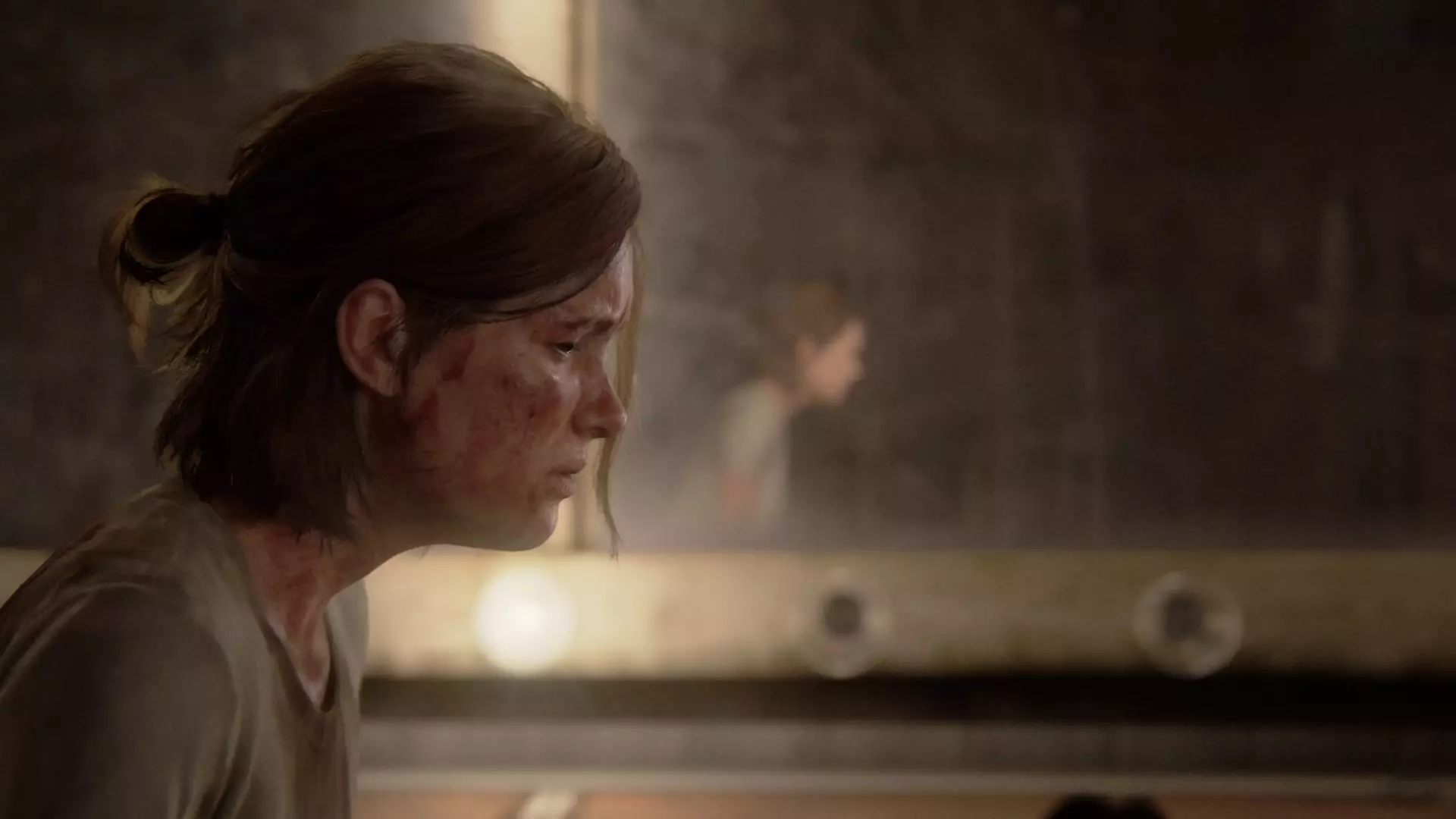
Every time I allow myself to be wrapped up in the hype and excitement for this big new game, and think about how terrific its characters can be, and how wonderful their conversations are, I remember playing it. I remember how its horror elements aren't a match for those of last year's Resident Evil 2; how its creepin' and crawlin' doesn't feel as satisfying as that of Metal Gear Solid V; how its run-and-gun moments, when stealth options have exploded into chaos, aren't a patch on Gears 5's; and how its exploration and its power to poke at the player's curiosity isn't up there with Breath of the Wild. In too many areas of moment-to-moment play, this is a repeat of its predecessor that doesn't change the record enough, and doesn't obviously appreciate advances made since 2013.
Even its script, excellent despite its uneven presentation, isn't all that exceptional in comparison to narrative-focused indie titles to have emerged since the first game, emotions-stirrers such as Firewatch, Oxenfree and What Remains Of Edith Finch. Although, on that point, your individual experiences will again be a huge factor. I know from the social posts of friends and peers who've also played through this, that to see some of their own life experiences reflected in a tentpole video game has been very moving.
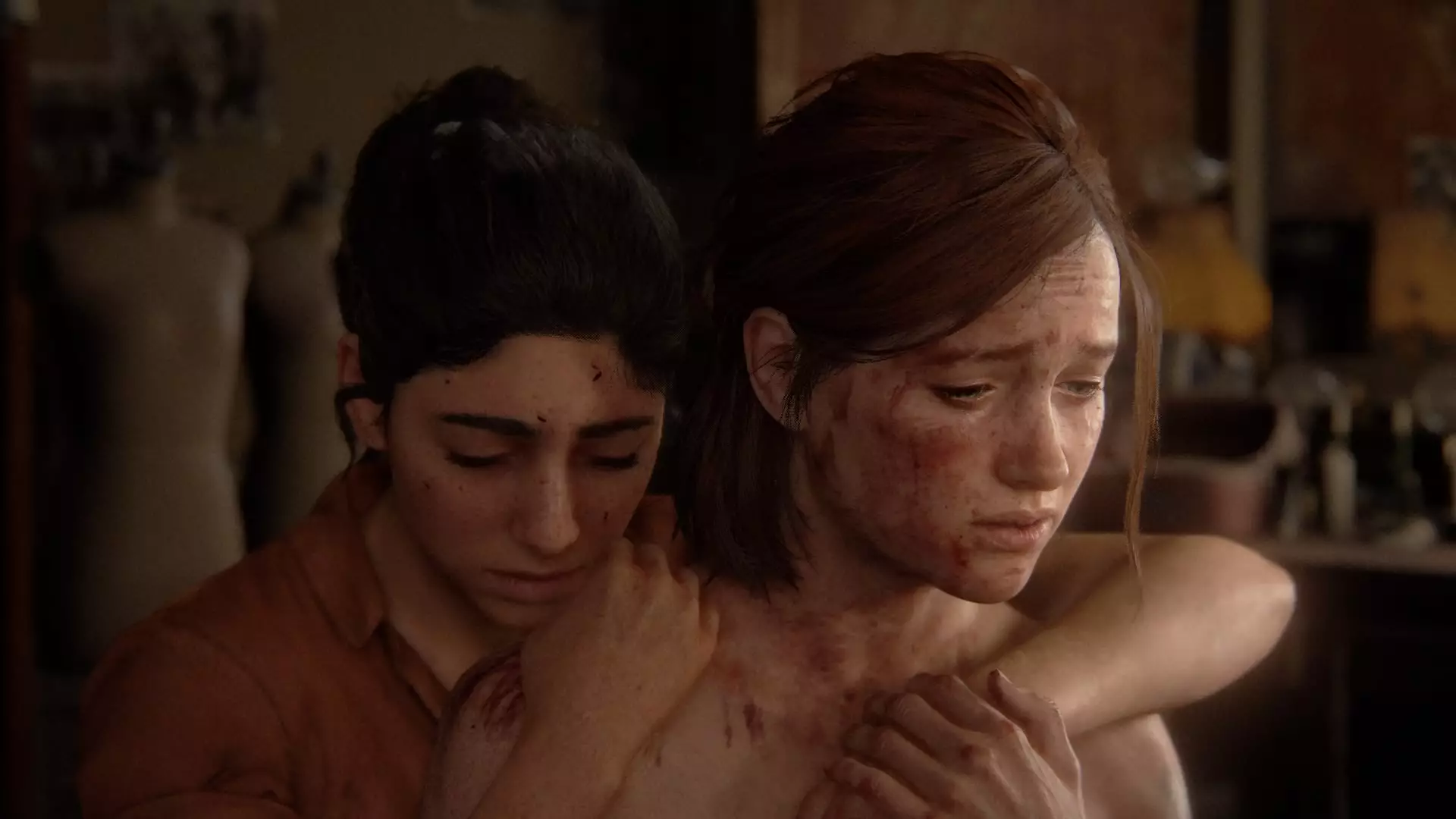
The Last Of Us Part II, as a video game experience, regards its moving and doing and playing, feels like a largely familiar and comfortable exercise. As a video game experience, it feels like it's taken the various learnings of this generation, from indies and action games through to widescreen open-worlders, and mashed it all together to form something that, sadly, lacks the same individuality that the 2013 game had. And as a video game experience, it just doesn't deliver the kind of originality, interactive agency and fulfillment through play that the very best of this medium can. When the standout moments of a video game are likely to hit just as hard when watched on YouTube, you have to ask yourself: what have we actually achieved, here?
The Last Of Us Part II is out now for PlayStation 4. You can read our review of the game here.
Featured Image Credit: Sony Interactive EntertainmentTopics: PlayStation, The Last of Us Part 2, Naughty Dog, The Last Of Us